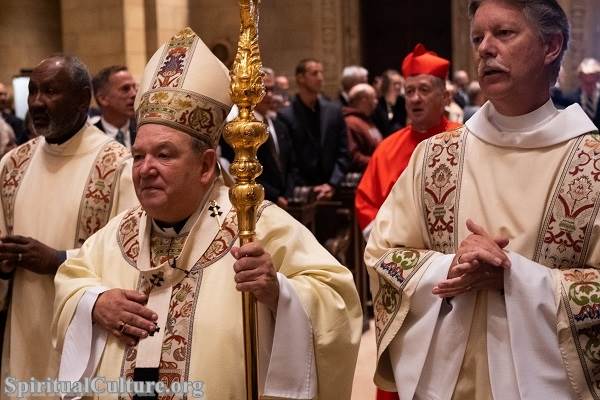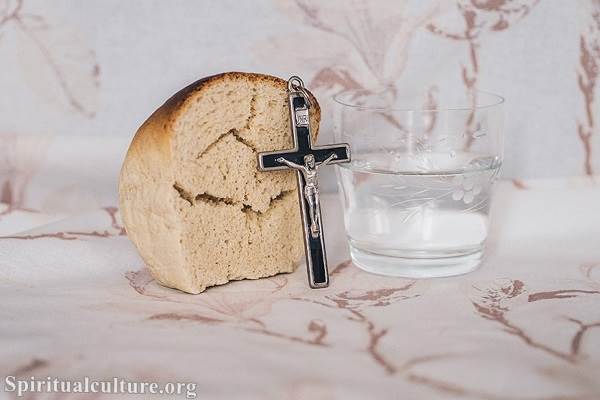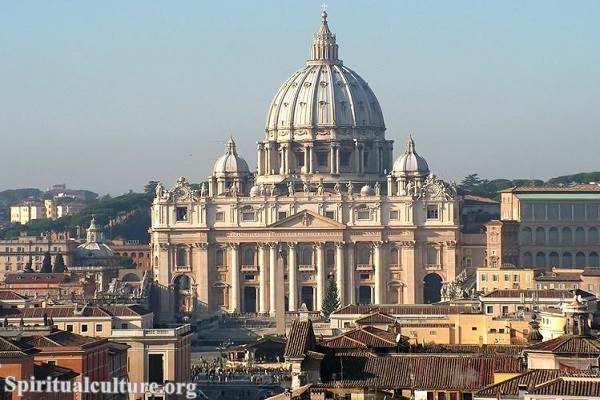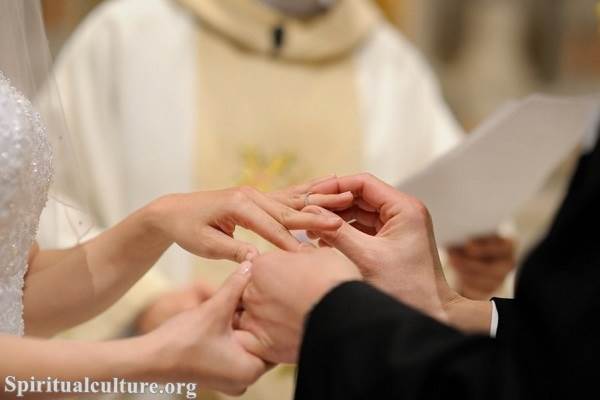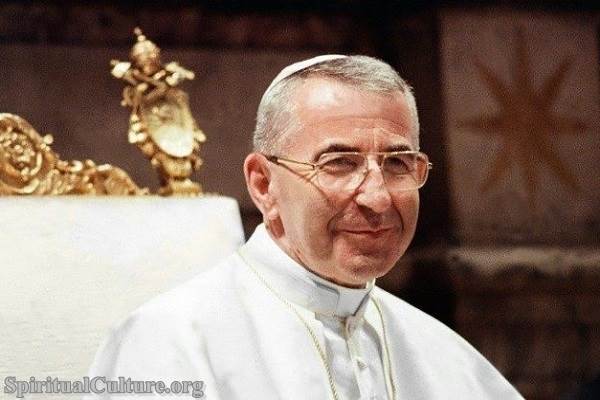His papacy, which spanned the volatile interwar period and the rise of totalitarian regimes in Europe, was marked by an unwavering commitment to the principles of Catholicism, the promotion of Catholic education, and the establishment of diplomatic relations with several nations.
Pope Pius XI, born Ambrogio Damiano Achille Ratti, was a scholar, a librarian, and a diplomat before he ascended to the Papal throne. His intellectual prowess was evident in his deep understanding of Catholic theology, his fluency in several languages, and his extensive writings, which significantly contributed to the Catholic intellectual tradition.
Catholicism under Pope Pius XI
Pope Pius XI’s papacy was marked by his staunch defense of Catholicism in the face of growing secularism and totalitarianism. He consistently emphasized the importance of the Catholic Church’s role in society and the need for Catholics to be active and committed participants in public life.
Perhaps one of his most significant contributions to Catholicism was his encyclical “Quas Primas,” which instituted the Feast of Christ the King. This feast, celebrated on the last Sunday of the liturgical year, serves as a reminder of the spiritual authority of Jesus Christ and the Catholic Church’s role in upholding that authority.
Pius XI was also deeply concerned about the rise of secular ideologies that threatened the principles of Catholicism. He was particularly critical of the totalitarian regimes of his time, such as Fascist Italy and Nazi Germany. He issued several encyclicals condemning these regimes and their ideologies, including “Non Abbiamo Bisogno,” which criticized Fascist attacks on the Catholic Church in Italy, and “Mit Brennender Sorge,” which condemned Nazi racism and violations of the 1933 Reichskonkordat.
Catholic Education and Pope Pius XI
Pope Pius XI was a fervent advocate for Catholic education. He believed that a strong Catholic education was essential for the formation of committed Catholics who could actively participate in society while upholding their faith’s principles.
In his encyclical “Divini Illius Magistri,” he outlined the principles of Catholic education, emphasizing the importance of religious instruction and the integral formation of the human person. He also established the Pontifical Academy of Sciences, a scientific academy operating under the auspices of the Vatican, reflecting his commitment to the dialogue between faith and reason.
Pope Pius XI and the Diplomatic Relations of the Catholic Church
Pius XI’s papacy was also marked by his efforts to establish the Vatican as a recognized sovereign entity. The Lateran Treaty of 1929, an agreement with Fascist Italy, recognized the Vatican City as an independent state and allowed the Catholic Church to operate freely in Italy. This treaty marked the resolution of the longstanding “Roman Question,” establishing the independence of the Holy See and enabling it to carry out its spiritual mission.
Pius XI also sought to establish diplomatic relations with other nations, including the United States. His efforts laid the groundwork for the Vatican’s diplomatic role in international affairs, reinforcing the Church’s position as a global moral and spiritual authority.
In conclusion, Pope Pius XI’s papacy was marked by a steadfast commitment to Catholicism, a deep concern for Catholic education, and a strategic approach to the Catholic Church’s diplomatic relations. His legacy continues to shape the Catholic Church’s role in the world today, making him a pivotal figure in the history of Catholicism.
